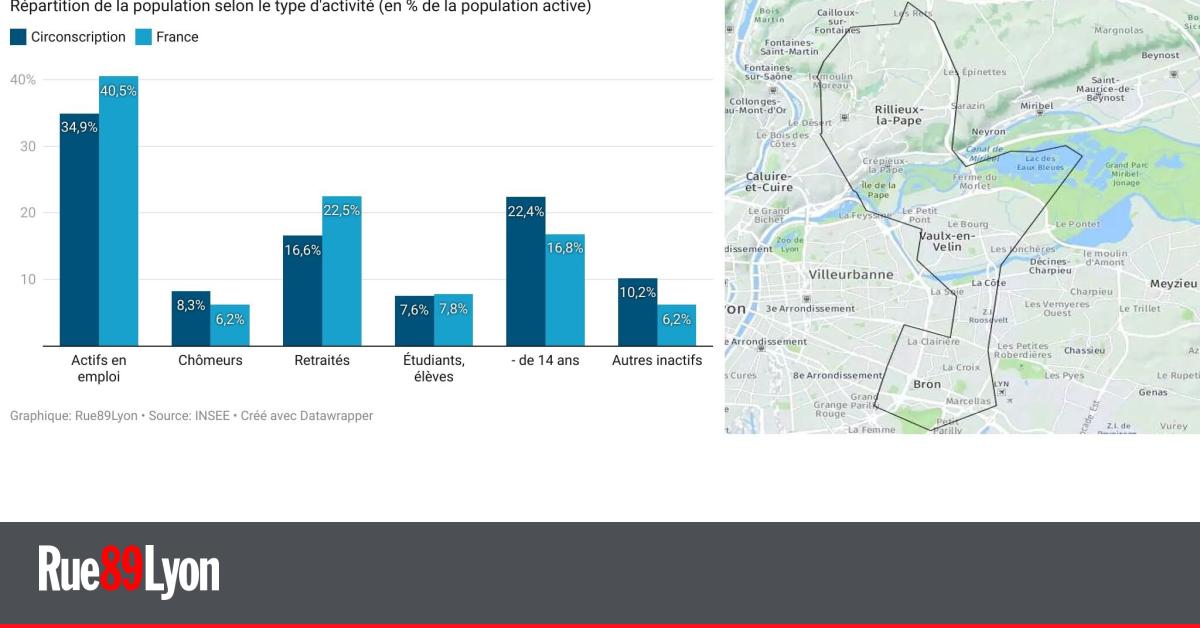–
–
–
The international rating agency Standard & Poor’s Global Ratings (S&P) has confirmed the long-term and short-term credit rating of Bulgaria in foreign and local currency ‘BBB / A-2’, the press center of the Ministry of Finance announced. The outlook for the rating remains stable.
The rating agency expects that the military conflict Russia-Ukraine will cause a shock to the Bulgarian economy and as a result, real growth of Gross Domestic Product (GDP) in 2022 will slow to 1.6% compared to 4.3% – from the forecast in November, and the budget deficit will double to 5% of GDP. S&P notes that Bulgaria’s strong external and fiscal balances will help mitigate this shock, and a steady influx of transfers from the European Union (EU) will support growth in the medium term.
The stable outlook reflects S&P’s expectations that the Bulgarian economy will not suffer major external or fiscal imbalances. Rather, the shock to the economy due to the military conflict will be temporary and economic growth will intensify from 2023, supported by the inflow of transfers from the EU. S&P expects this to limit the growth of consolidated government debt, which will remain low internationally.
According to S&P, the Bulgarian economy will be affected by the conflict in Ukraine due to high inflation, which will lead to lower disposable income, lower confidence of businesses and consumers in Bulgaria, as well as side effects resulting from lower economic activity. the country’s important trading partners in the EU. The rating agency estimates that the situation related to the interrupted gas supplies from Russia to Bulgaria remains manageable due to the ongoing efforts to diversify supplies and the remaining gas reserves, which are low, but still sufficient. However, S&P believes that high and rising inflation is a challenge for the government. Pressure on public finances is increasing, but net government debt remains below 20% of GDP and provides ample room for policy.
S&P also notes that external risks are manageable, despite growing current account deficits amid rising food and energy prices and a slow recovery in the tourism sector. The rating agency expects that in the period up to 2025 the inflow of funds from the previous and current EU Multiannual Financial Framework, as well as additional funds under the new instrument “Next Generation EU”, will provide a solid basis for strengthening economic growth.
The announcement says that the rating agency would raise the credit rating upon Bulgaria’s accession to the eurozone, as well as a significant improvement in the current account balance. S&P would downgrade if the military conflict in Ukraine led to a curtailment of Bulgaria’s economic growth in the medium term.
–


